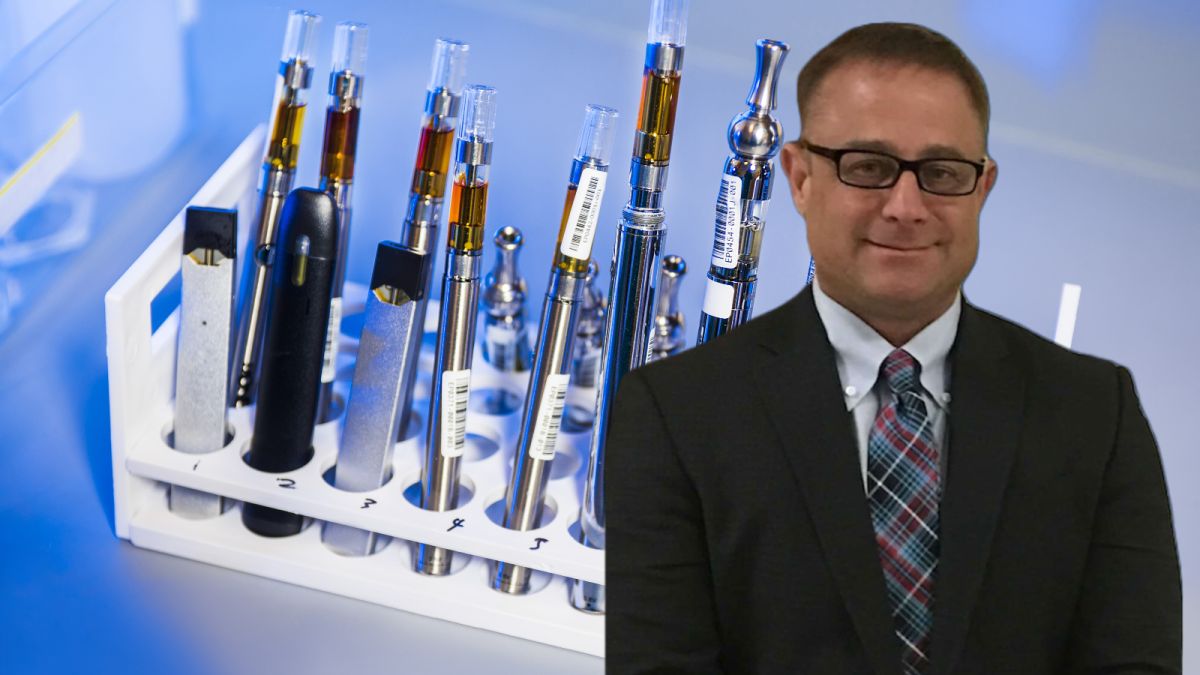
Juul Settles Litigation over Marketing of E-cigarettes to Youths
Once a high-flying startup valued at $38 billion, Juul’s valuation tanked by 85% as US regulators moved to ban Juul products. Many blamed the company for promoting underage vaping, leading to increased legal cases and regulatory scrutiny.
Recently, the company settled a massive lawsuit over marketing its products to teens. Let’s explore the details of the suit with Ehline Law and our personal injury attorneys.
Rise and Fall of Juul Labs: Young Adults Get Addicted to High Nicotine Vaping Products
Since its launch in 2015, the e-cigarette company Juul quickly became a rising superstar in the Silicon Valley world, peaking at a massive $38 billion valuation. With its sweet new flavors appealing to inexperienced users, Juul dominated the 33 states across the country with an international expansion plan underway until it all came crashing down.
It all started in 2018 when reports surfaced that high school children were secretly vaping, making it an epidemic across the United States.
By April 2018, the Food and Drug Administration (FDA) issued warning letters to more than 1,300 retailers for illegally selling Juul to minors. A couple of months later, San Francisco moved to ban the sale of e-cigs in the state, including Juul, requesting other states to follow.
In October 2018, the worst happened to the company when the FDA secretly showed up at the company’s headquarters, seizing thousands of marketing documents. Soon, the Federal Trade Commission got involved and started investigating the company’s marketing practices after allegations that the company purposely targeted its products to the youth.
In 2019, the democrats got involved in the investigations against the company, and by September 2019, the Centers for Disease Control and Prevention confirmed 530 cases of mystery illness following vaping.
Things started to heat up when Altria, a major stakeholder in Juul, cut down its shares. The federal prosecutors launched a criminal investigation, leading to a ban in June 2022, which was later suspended.
With all the administrative issues and FDA investigations into the company’s marketing practices, lawsuits started, putting the company in further trouble.
After the 2019 FDA shakeup and lawsuits claiming Juul misled consumers on nicotine content, Juul Labs promised a “big reset,” stopping all digital and print marketing, improving their inadequate age verification process, and taking their sweet and fruity flavors off the market.
Juul Settles Litigation over Marketing of E-cigarettes to Youths
Juul Labs recently settled a massive $439 million lawsuit over marketing its products to underage youth. The settlement came after three years of a long battle between the plaintiffs and the company, including more than 8,500 personal injury cases, over 1,400 government entity cases, and 34 tribal cases.
Juul Relentlessly Marketed Vaping Products to Young Adults and Teens, Attorney General Claims
According to the Connecticut Attorney General, William Tong, the settlement includes routing millions of dollars to programs reducing tobacco use. Tong said Juul curated chemical composition to appease underage users and continued to direct their marketing campaigns to the teens, giving rise to a new generation of nicotine addicts.
A Reuters report revealed a rise in young people using Juul between 2018 and 2019, almost doubling the number of users. The Surgeon General of the United States Public Health Service issued a health advisory at the end of 2018 requesting that citizens protect their children from lifelong nicotine addiction.
The massive settlement in no way eradicates the nicotine addiction epidemic in the United States. However, it is the first step in holding Juul and other e-cigarette companies accountable for their actions.
Following the lawsuit settlement, Juul spokesperson said that the company remains committed to working with authorities to resolve past issues and focus on helping transition adult smokers away from cigarettes. The company appreciated the Attorney General for allocating resources to combating underage use after Juul settled with 37 states.
Texas Attorney General Ken Paxton stated that the settlement against Juul for deceptive business practices was long coming, and the company should be liable for the damages it caused.
Under the settlement agreement, Connecticut and Texas will receive $16.2 million and $42.8 million, respectively, and the company would refrain from deceptive marketing and sales practices aimed at young people. Going forward, Juul cannot market its products on billboards nor depict underage users in their advertisements.
Many critics of the e-cigarette market believe that the settlement is insufficient in holding Juul accountable, especially after it made tons of money and got the youth hooked on vaping. At the same time, others believe that the current business practices after their big reset in 2019 suggest that the company is serious this time.
Youth Vaping Sees a Decrease in 2021 as Juul Pushed to Fourth Spot
The FDA and CDC surveyed in 2021 to analyze the vaping trends in the country. According to the report, there was a serious decline in vaping products among high school students, with only 11.3% of high school students claiming to have vaped in the last 30 days, compared to the 27.5% in 2019.
The survey also highlighted that Juul dropped fourth place as the most popular e-cigarette brand while PuffBar took the lead.
Currently, Juul is eyeing a return to the United States market after the FDA does a proper scientific evidence review without political interference. However, Juul still faces nine separate lawsuits that may be enough to break the company.
Schedule a Free Consultation with Ehline Law
Manufacturers misleading the consumers and lying about their products can adversely impact their users and lead to product liability. If you suffered harm due to the manufacturer’s negligence, contact us at (833) LETS-SUE for a free consultation, as you may be eligible for compensation.
